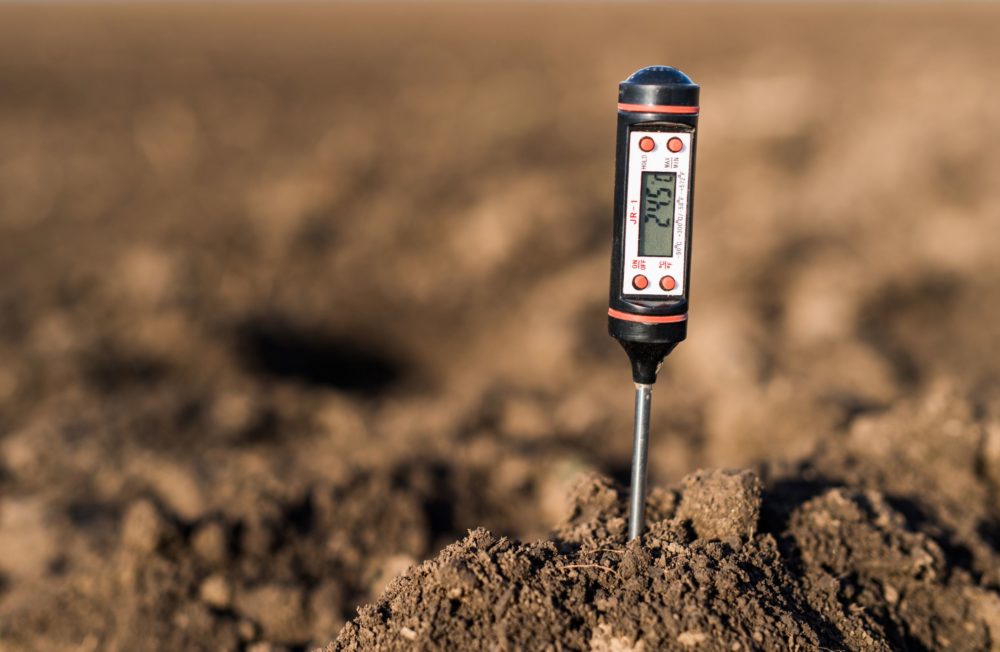


19 February, 2021
What Is Soil Testing Report Why Is It Important for Construction


Technology
The proper planning of the project before the construction work begin is very much important. This pre-construction phase includes many things that are essential to be adequately planned. One of the most important procedures that must be carried out carefully is soil testing.
What is Soil Testing?
Soil Testing is also known as soil analysis, and soil investigation is primarily done to check the land's bearing capacity. Geographical research of the soil helps determine the soil's properties at the under-construction project site. It is a vital and necessary step in the construction process no matters you can constructing a new project or extending the previous one.
This soil testing process determines the soil's bearing capacity and helps determine the structure stability, density, strength, and chemistry. This process is carried out by drilling into the soil into a reasonable depth, depends on the construction plans.
Why is Soil Testing Report Important for Construction?
Once the soil testing report comes, it helps the builders and engineer of the projects to plan their actions accordingly, such as:
This report helps in determining the soil's suitability and allows to assess whether the project is suitable to be constructed on this location or not.
As described earlier, this report is prepared by drilling in multiple spots on the project site. It helps to identify the different types of soils located on the project site.
The soil samples are tested to check the strength, density, contamination, compaction, and sand content. This testing figures out that the impact of the soil on the construction process.
The soil testing report is also important to get the project's planning permission from the society/authorities.
This comprehensive report is issued after compiling all the necessary technical and safety data. Moreover, the soil testing process is essential to ensure maximum quality and safety for the project.
Different Types of Soil Tests for Construction Projects
The analysis of the soil is progressing from different perspectives depending on its conditions and properties. That's why there are different types of soil tests for the geotechnical investigation of the soil. So, some most common types of soil testing are:
Specific Gravity Test
The gravity test is important to figure out the value of soil's gravity that completely depends on its grain size. This gravity refers to the solid mass compared to the mass of water at the same volume in the soil. There are different methods to test the soil's gravity; however, the Density bottle method and the Pycnometer method are the most common.
Moisture Content Test
It is one of the important tests in the soil testing process for the construction of a project. This test is carried out by putting the weighted sample of soil in the oven t 110o + 5oC. This sample is taken out after 24 hours and weighted again. The difference between both weights is the moisture content in the soil.
Dry Density of the Soil
It is another important type of soil testing for the project's construction. This process refers to the weight of soil particles in a given sample volume in dry form.
Proctor's Compaction Test
This test is important to conduct to determine the compaction characteristics of the soil. Proctor's Compaction Test is important to know how well the soil will bear the forces and pressures.
Atterberg Limit Test
Atterberg Limit Test is important to measure the critical water content in the soil sample. This test helps to figure out the shrinking limit, liquid limit, and plastic limit of the soil at the project site.
So, that all was the details of the soil testing and its importance for constructing projects. We hope this information will be beneficial for you. However, if you need further assistance or any other details, contact us immediately!

.png)
.png)